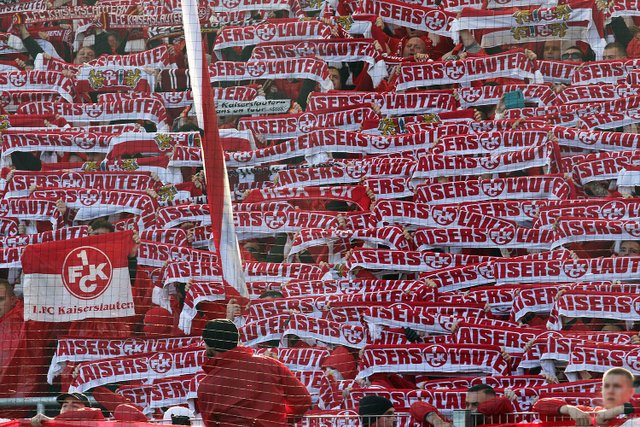Want to buy pyrotechnics? Visit pyro.ultras-tifo.net

Modern Germans love sports. They like to go in for it, watch sports matches, and bet on it. For this, they choose proven betting offices with high coefficients and diverse markets. So, many Germans regularly visit the Spinamba casino, where one can not only gamble but also make sports predictions. True fans of sports matches prefer not only to bet on the game of their favorite team but attend these events at stadiums. If you ask any professional football, hockey, or basketball athlete, what helps his team to snatch victory in the match at the last second, you will surely get the answer - fans! Of course, athletes appreciate their army of loyal fans. You will learn about the features of the fan support in the review below.
Can fans influence the outcome of the sport competitions?
Fans and sports are inextricably linked. Today, it is impossible to imagine a sport that would not have its army of fans. Dedicated viewers of sporting events do not just watch the championship, tournament, or domestic meeting. For every fan, the match of their favorite team is no less important than for the athletes themselves. Without fans, any sporting event simply does not make sense. Gambling people who play in bestencasinoohnelizenz.com or bet on sports, enjoy watching such competitions.
Types of influence
How do fans influence the outcome of a sporting event? Do they help their favorites to achieve victory? There are several types of influence that fans have on the outcome of the competition: Pressure on the opponent. No matter how much the players would like not to pay attention to the opponent's stands, sometimes such a task seems impossible. Fans support their favorite team but they are pretty tough against the opposite players. And the players of the opposite side feel it for sure. Support the favorite team. Fans can become the catalyst for their team, which gives a charge of emotions and helps to win. Fan support works even before the game starts. Some famous athletes write in their reviews how they received the main surge of strength during the competition from the fans even before the match began. There is no doubt, the effect of the fans' support is there. Impact on the referee. Fans influence not only the opponent but also the referee. So, American researchers have recently come to an interesting conclusion regarding the influence of fans on sporting events. Scientists have found that subconsciously judges try not to punish the "domestic" team to prevent stress. Also, it has been noticed that if the referee works in front of aggressive stands, he most likely will not support the general mood of aggressive fans.
Types of fans
What kind of fans are there in modern sports? There are two main types of fans: Local fans. These people support any teams of their city, country. The main motivation, in this case, is their pride in their homeland. Club fans. Fans who support one particular team, often unrelated to the fan's place of residence. Most club fans sincerely believe they are involved in the success of the team, so a significant part of them satisfy their ambitions, ascribe the achievement of the team to themselves.
Positive features of sports fanaticism
Sports fans help their favorite team to win the competition. It is an indisputable point. Most fans are active and mobile people, for whom that hobby became a kind of sport. Many of them are advanced travelers, who can easily follow their favorite team around the whole country or half the world. Some work as volunteers, helping at competitions. In addition, real fans not only visit the stadiums or follow the match in front of the TV screen but also try their hand at doing the same sport at the amateur level. It allows them to get a better feel for their favorite sport, to understand it well.
Negative features of sports fanaticism
American psychologists have found that many athletes do not like ardent fans. One of the reasons for this is the fickleness of fans. Many of them extol athletes with victories, and with defeats, they deprive them of their support. For example, in one Latin American country, a fan-shot a football player who mistakenly scored a ball in his own goal. Moreover, lots of fans believe that they have the right to claim part of their idol's free time, creating inconveniences for athletes in their personal lives. In some European countries, they have long realized the danger posed by fan groups, and therefore they are trying in every possible way either to limit fans' influence on other spectators or to remove them from the stands of stadiums altogether. Sports fans are not always positive-minded viewers. When their team wins, they have fun and hug everyone they meet. But if something went wrong, they will appoint an enemy and be ready for any aggressive actions. Fights between fans of competing sports clubs are ordinary things.
Conclusion
Sports fans support athletes and positively influence the outcome, but it is important to keep balance. Not every sport requires loud cheers from the stands. What is good for football or running is unsuitable for biathlon and so on. For example, if fans cheer athletes while running, it will benefit and inspire an athlete. In the case of biathlon, shouts of joy during misses can throw an athlete off the right track. Therefore, there must be a fan culture! It is necessary not only to encourage and adjust your favorites but also to respect their rivals.











